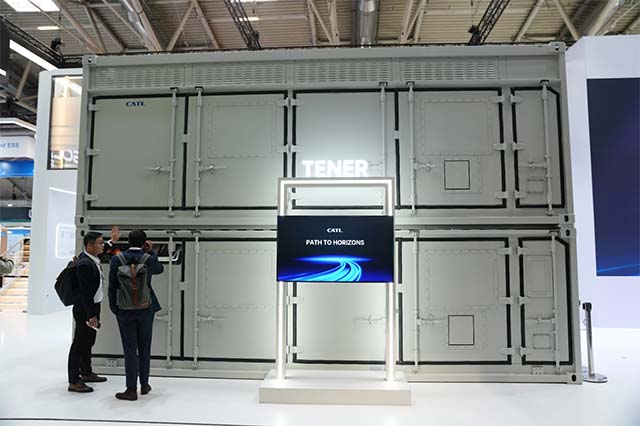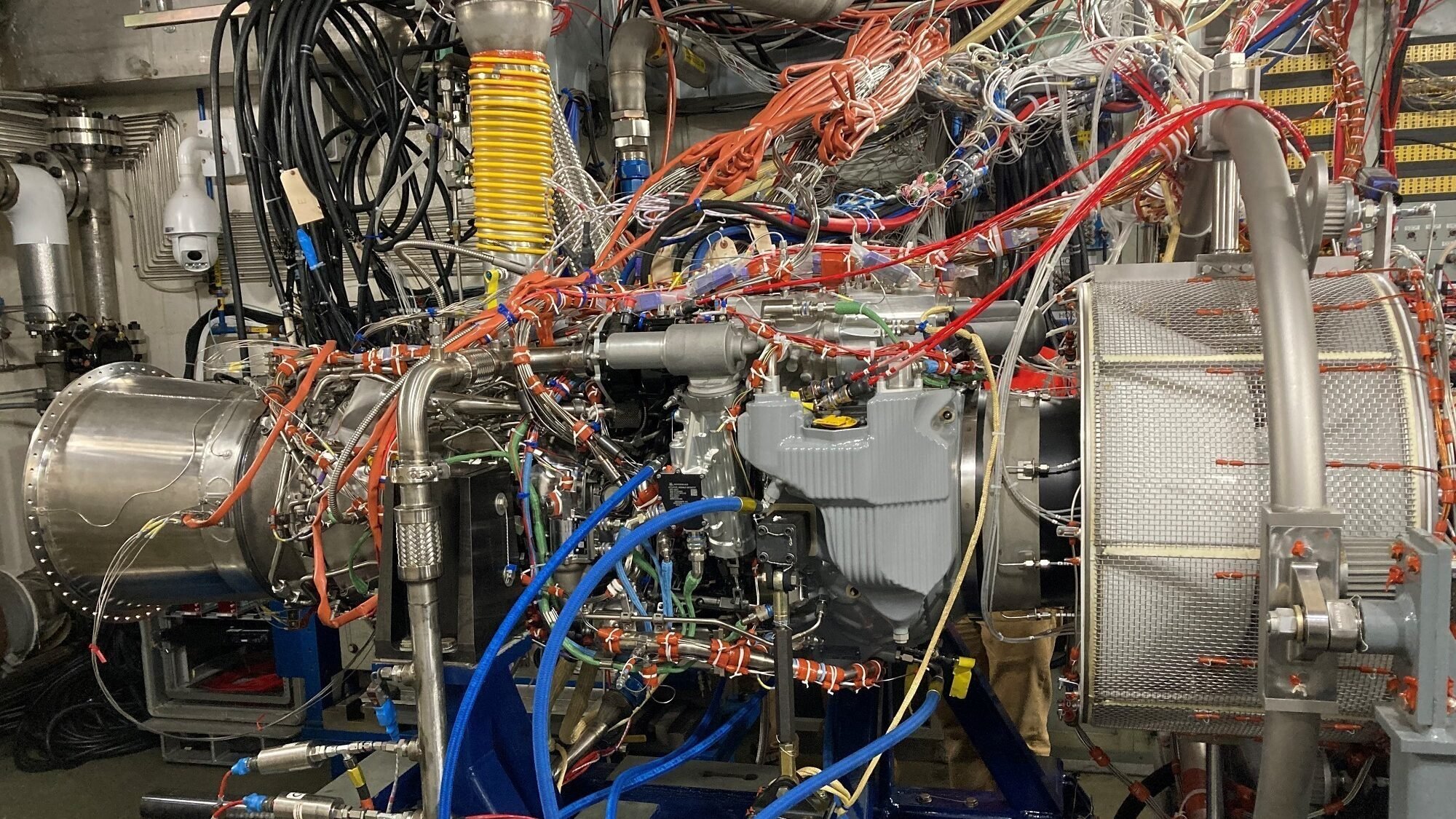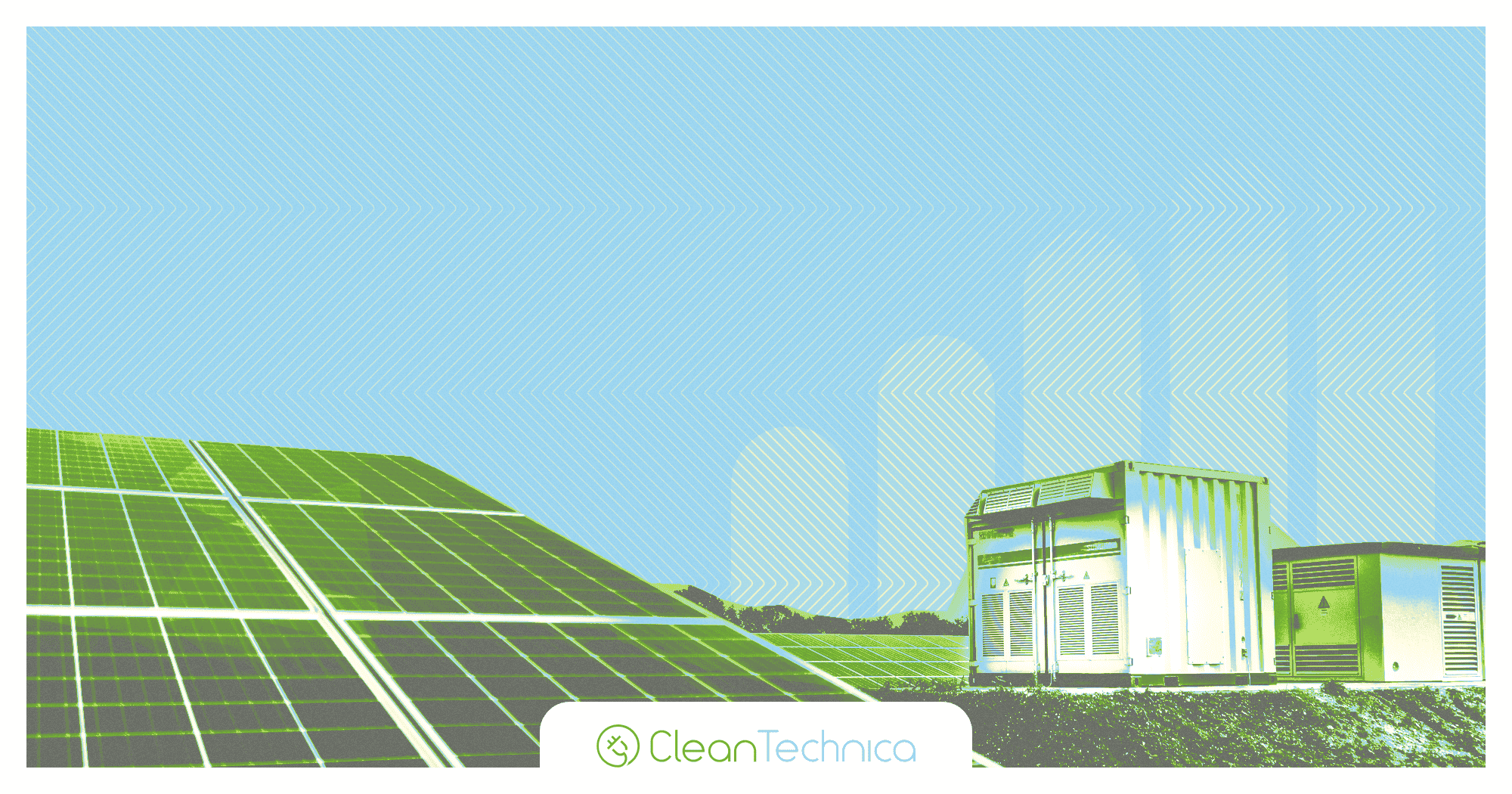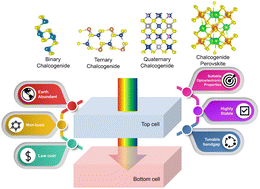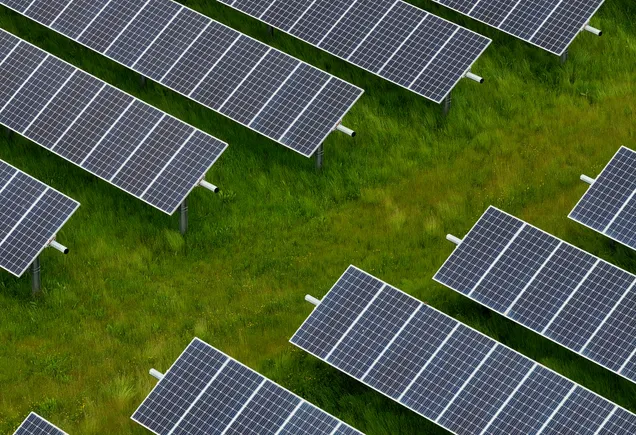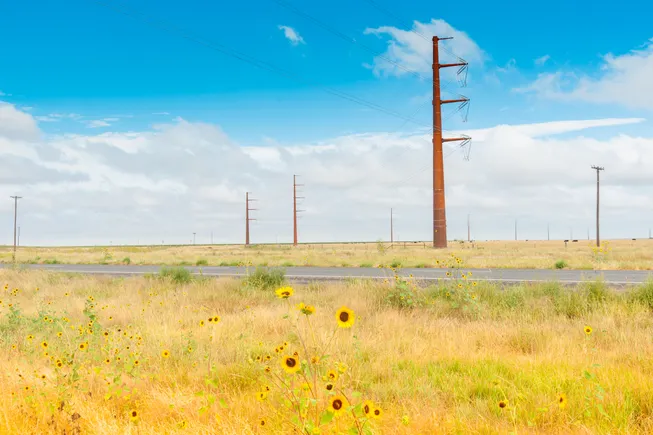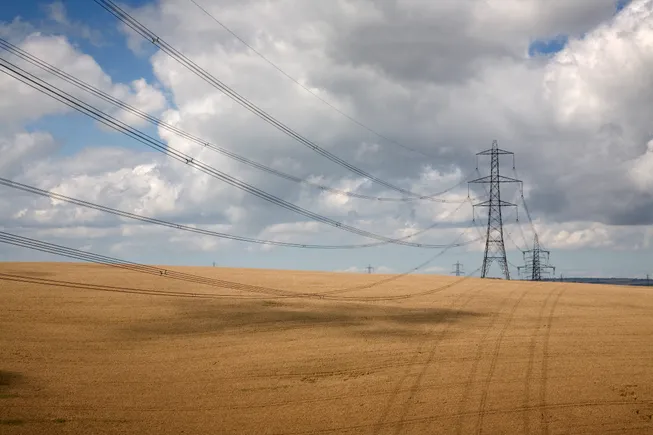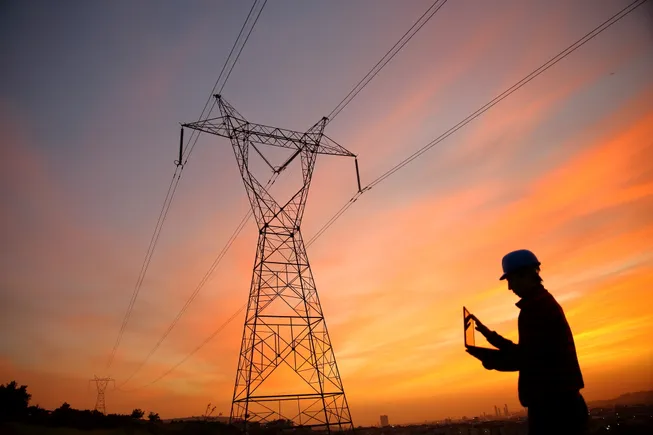Organic wine in Mendoza: ideal climate, hidden costs
Despite ideal conditions for organic viticulture in Mendoza, Dr Laura Catena, managing director of the Catena Zapata winery in Argentina, tells db how scaling organic production isn’t always easy - or cheap. The post Organic wine in Mendoza: ideal climate, hidden costs appeared first on The Drinks Business.
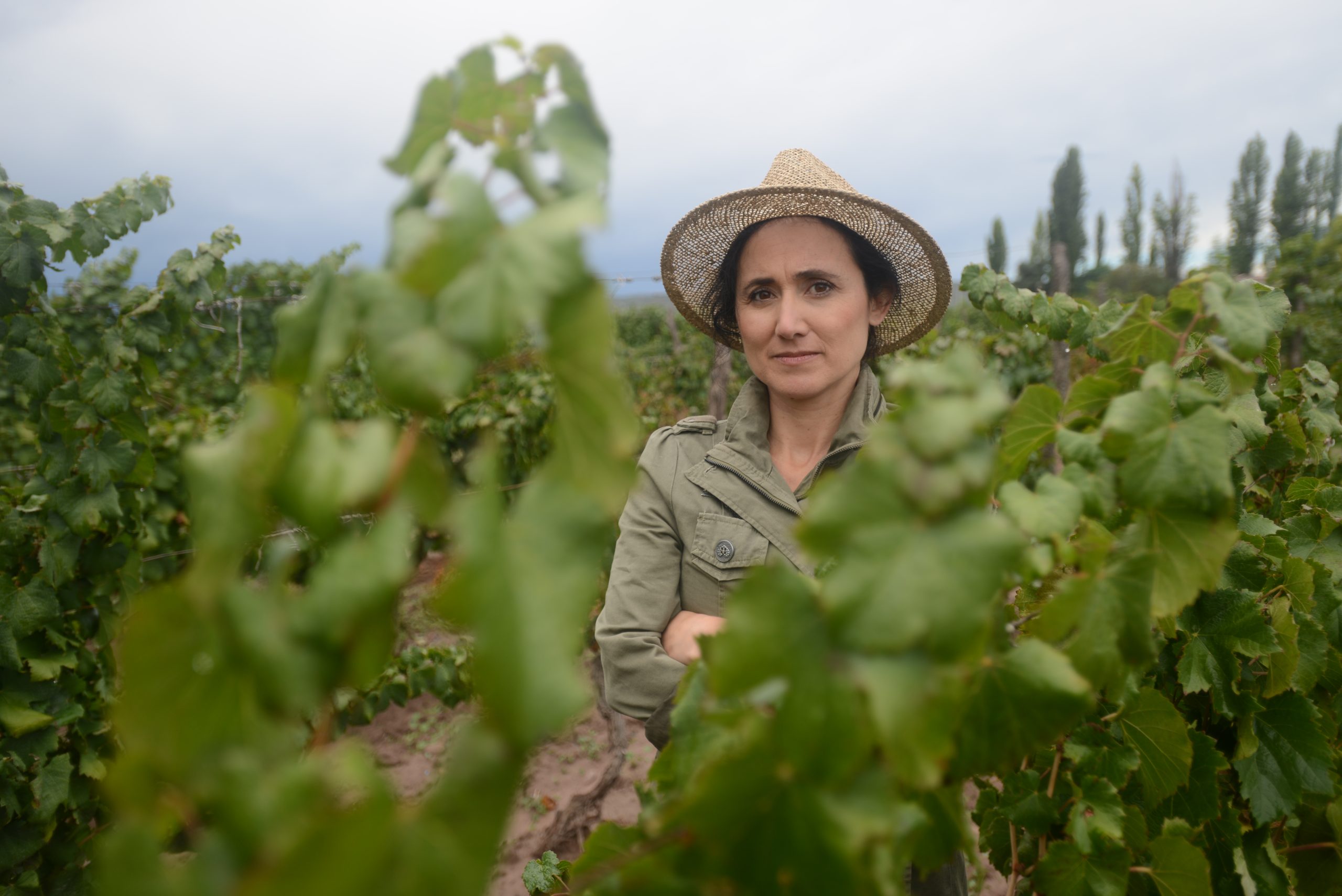
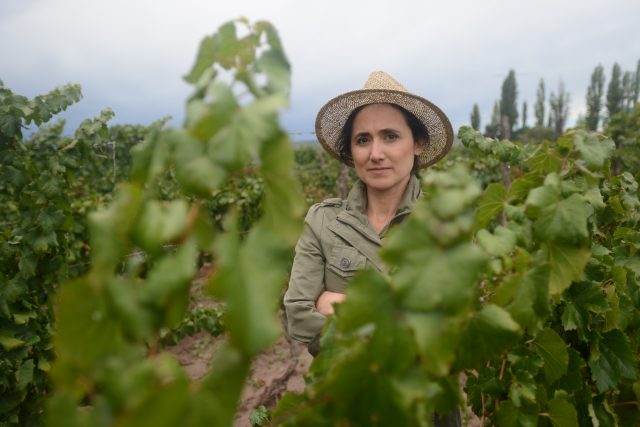 While Mendoza may seem like paradise for organic wine production, the reality of scaling up isn’t as straightforward as the sunshine might suggest. Laura Catena, managing director of Catena Zapata, shared with db the challenges they face in growing organic at scale - in collaboration with Luis Reginato, the group’s head of viticulture.
“In Mendoza, we have a semi-desert climate, very little rain and tons of sun; it's also windy, and it's just sort of the perfect climate for organic farming,” Catena explained. “We don't have a lot of fungal diseases. Although we do use some copper and some sulphites for peronospora and for mildew, it's basically maybe twice a year maximum.”
But even in such favourable conditions, the work is far from effortless.
“The main issue we have is because we irrigate with water from the Andes which is the equivalent of mineral water. It's washed by the stones. It's literally like there's nothing going into this water other than the melted ice of the Andes and these rocks. But because of that, we do get a lot of grass growing in between the rows. In organic farming we have to cut this grass with a cutter (with a machine). And that labour is pretty intensive," she explained.
She continued: "and we don't do a lot of ploughing because that releases carbon and is very labour intensive and doesn't really have a big benefit. The main issue for us is not the grapes, but all the grass that grows between the rows.”
While Mendoza may seem like paradise for organic wine production, the reality of scaling up isn’t as straightforward as the sunshine might suggest. Laura Catena, managing director of Catena Zapata, shared with db the challenges they face in growing organic at scale - in collaboration with Luis Reginato, the group’s head of viticulture.
“In Mendoza, we have a semi-desert climate, very little rain and tons of sun; it's also windy, and it's just sort of the perfect climate for organic farming,” Catena explained. “We don't have a lot of fungal diseases. Although we do use some copper and some sulphites for peronospora and for mildew, it's basically maybe twice a year maximum.”
But even in such favourable conditions, the work is far from effortless.
“The main issue we have is because we irrigate with water from the Andes which is the equivalent of mineral water. It's washed by the stones. It's literally like there's nothing going into this water other than the melted ice of the Andes and these rocks. But because of that, we do get a lot of grass growing in between the rows. In organic farming we have to cut this grass with a cutter (with a machine). And that labour is pretty intensive," she explained.
She continued: "and we don't do a lot of ploughing because that releases carbon and is very labour intensive and doesn't really have a big benefit. The main issue for us is not the grapes, but all the grass that grows between the rows.”
There’s also the question of machine maintenance - something many in less remote winemaking regions might take for granted.
“In the very rocky soils, these machines I was telling you about to cut the grass, they can break very easily. We actually have our own mechanic shop to fix all these machines. And we have these guys that have been working there for decades, for more than 40 years. They can fix anything we have, even tractors from the 80s. And it's really hard to get parts from outside of Argentina. So we do a lot of our own machine repairs. And they work, we make them work.”
Navigating certification standards globally
While the climate helps manage pests with minimal intervention, keeping up with organic certification standards across international markets is another complex piece of the puzzle. “The main issue with organic certified grapes is that there's different certifications in different countries and different rules. And we sell in over 60 countries around the world. So we have to really keep track of this and keep the tanks separate. And although most of our grapes are organically farmed, if something is certified, it has to be traced. There’s more of a logistics issue here - spreadsheets galore - we have a person who is in charge of keeping track of all this, to guarantee the traceability of our wines and processes. And I think that's good, because if somebody is buying a product that is organic, they want to be sure that it really is organic all the way.” Even with all the extra work behind the scenes, Catena noted that price expectations from the market often remain out of step with the production costs.“I think most distributors are excited about organic products, because it is one of the few categories of wine that's growing. However, they don't want to pay more for organic wines, even if farming is more expensive. And I think that's something that needs to be better communicated to consumers, because I think a lot of consumers would be willing to pay, 10-15% more."
"It's about 20 to 30% more costly to harvest organic grapes, but then the grapes are only part of the cost of a wine. If consumers were willing to pay 15% more, that would probably cover the cost. And I think that we need to do a better job communicating with the consumer, so that they are willing to pay a little bit more. I think that currently, for fruits and vegetables, consumers are comfortable paying a little more, and I don't know why they wouldn't for wine.”
In Mendoza, nature may be on their side. But as Catena makes clear, scaling organic wine remains a hands-on effort - from fixing machines to fighting pricing pressures.





























